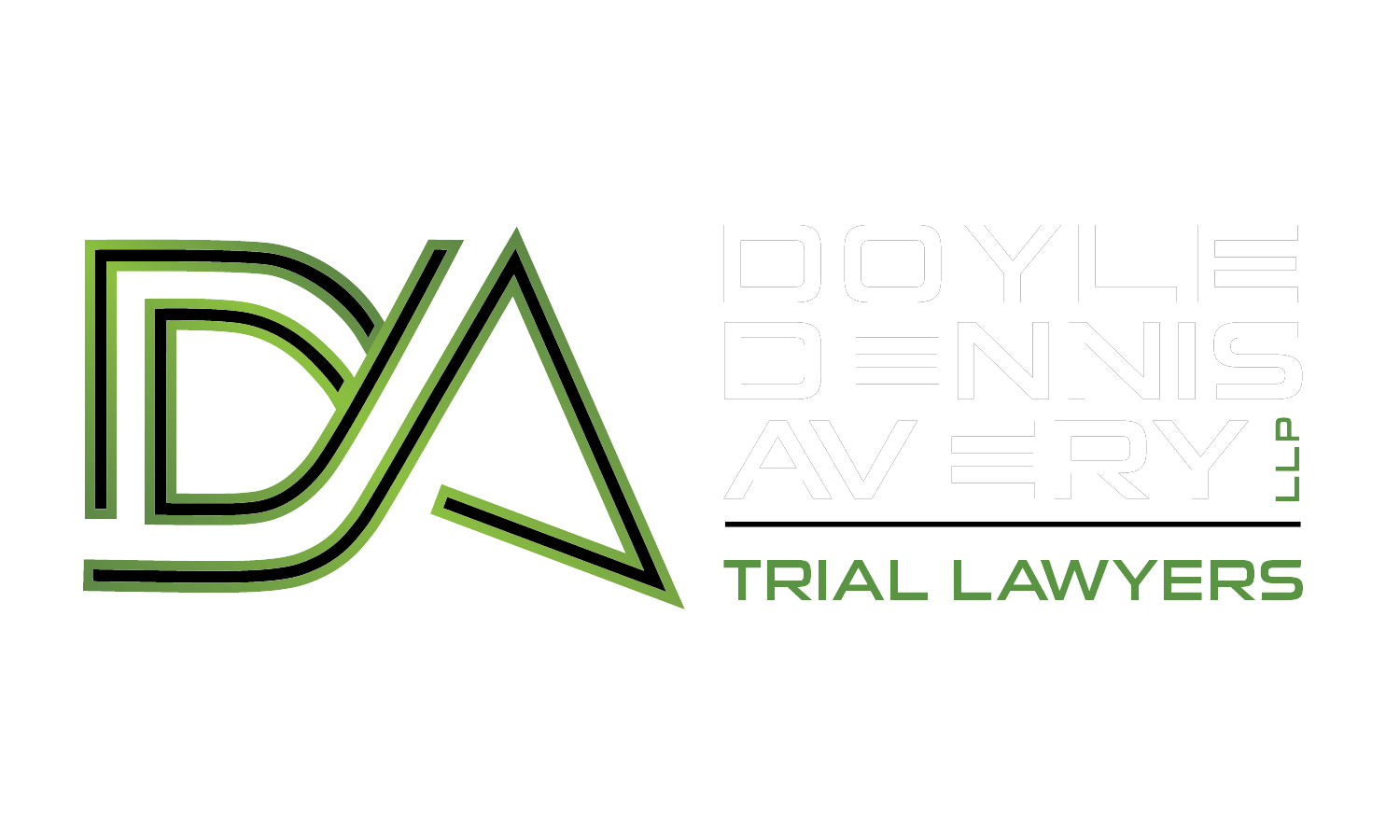Reporting Child Abuse
Under Texas law, many professionals are required to report suspected acts of child abuse or neglect. Tex. Fam. Code Ann. § 261.110(b). Doyle Dennis Avery LLP represents employees and non-employees who speak out regarding child abuse and face retaliation.
What is protected?
Texas Family Law Code section 261.110 protects professionals who are discriminated against because they reported child abuse or neglect. In particular, an employer may not suspend or terminate the employment of, discriminate against, or take any other adverse employment action against the professional who reports child abuse or neglect to: his or her supervisor, an administrator of the facility where he or she is employed, a state regulatory agency, or a law enforcement agency.
Even if the professional does not report, he or she may still be protected. Under state law, an employer also may not take adverse employment action against an employee who initiates or cooperates with an investigation or proceeding relating to an allegation of abuse or neglect.
Who is protected?
Under Texas law, a “professional” is an individual who is licensed or certified by the State of Texas, or who is an employee of a facility licensed, certified, or operated by the State of Texas and who, in the normal course of official duties or duties for which a license or certification is required, has direct contact with children. “Professional” includes: teachers, nurses, doctors, day-care employees, employees of a clinic or health care facility that provides reproductive services, juvenile probation officers, and juvenile detention or correctional officers.
What damages are available?
A plaintiff who has been terminated for reporting child may recover actual damages, including damages for mental anguish and lost wages, exemplary damages, court costs; and reasonable attorney’s fees.
Copyright © 2025 Doyle Dennis Avery LLP Trial Lawyers. All rights reserved. Powered By Blue Beam LLC
The information on this website is intended for general informational purposes only and is not legal advice for any individual case or situation. Viewing or receipt of content on this website does not create an attorney-client relationship between the user and Doyle Dennis Avery LLP.
The cases, verdicts and settlements displayed on this site are solely for illustrative purposes and should not be considered a guarantee or prediction of the outcome of any other claims or cases. Each case is unique, and past outcomes are not indicative of future results.
We recommend that users consult with an attorney for legal advice on any questions or concerns they may have. Users rely on the information on this website at their own risk.
